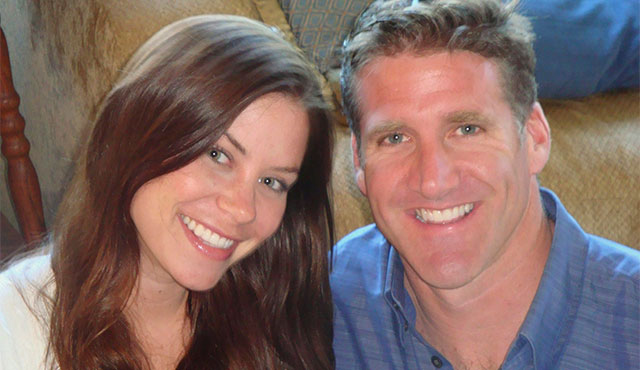For every individual case like Brittany Maynard, there are hundreds or thousands of people who can be significantly harmed if assisted suicide is legal.
As an advocate working on behalf of disability rights for 37 years, and as a person who uses a wheelchair, I am all too familiar with the explicit and implicit pressures faced by people living with chronic or serious disability or disease.
My heart goes out to Brittany Maynard. Yet, the legalization of assisted suicide always appears acceptable when the focus is solely on an individual. Rather, we must look broadly, across society, at all the people at risk of immense harm when assisted suicide is legal. Not every terminal prognosis is correct, and not everyone has a loving husband, family or support system.
Legalizing assisted suicide is a deadly mix with the broken, profit-driven health care system in the U.S. At $300, assisted suicide is the cheapest treatment. Coercion is not even necessary. If life-sustaining expensive treatment is denied or even merely delayed, patients will be steered toward assisted suicide, where it is legal.
This problem applies to government-funded health care as well. In 2008, KVAL-TV in Oregon first broke a story that Barbara Wagner, a Springfield, Ore., woman diagnosed with lung cancer and prescribed a chemotherapy drug by her personal physician, received a letter from the Oregon Health Plan stating that her chemotherapy treatment would not be covered but they would instead pay for, among other items, her assisted suicide.
Barbara Wagner told the Eugene Register-Guard, “To say to someone, we’ll pay for you to die, but not for you to live; it’s cruel.”
Another Oregon resident, 53-year-old Randy Stroup, was diagnosed with prostate cancer. Like Barbara Wagner, Stroup was denied approval of his prescribed chemotherapy treatment and instead offered coverage for assisted suicide.
Abuse of people with disabilities, and elder abuse, are rising. Where assisted suicide is legal, an heir or abusive caregiver may steer someone towards assisted suicide, witness the request, pick up the lethal dose, and even give the drug—no witnesses are required at the death, so who would know?
Diagnoses of terminal illness are too often wrong, leading people to give up on treatment and lose good years of their lives.
The supposed safeguards in place where assisted suicide is legal actually provide no protection. For example, people with a history of depression and suicide attempts have received the lethal drugs. Michael Freeland of Oregon had a 40-year history of significant depression, yet he received lethal drugs in Oregon.
Available statistics show that pain is rarely the reason why people choose assisted suicide. Most people do so because they fear burdening their families or becoming disabled or dependent. Yet anyone dying in discomfort that is not otherwise relievable may legally today, in all 50 states, receive palliative sedation, wherein the patient is sedated to the point at which the discomfort is relieved while the dying process takes place peacefully. Thus, today there is a legal solution to any remaining painful and uncomfortable deaths, one that does not raise the very serious difficulties of legalizing assisted suicide.
The debate about assisted suicide is not new, but voters and elected officials grow very suspicious about it when they learn the facts. Just this year alone, assisted suicide bills were rejected in Massachusetts, New Hampshire, and Connecticut, and stalled in New Jersey because of bipartisan grassroots opposition from a broad coalition of groups spanning the political spectrum from left to right, including disability rights organizations, medical professionals and associations, palliative care specialists, hospice workers and faith-based organizations.
Like other, more notable opponents of legalizing assisted suicide, such as Dr. Ira Byock, Dr. Ezekiel Emanuel, and Victoria Reggie Kennedy, I am a registered Democrat and a political progressive. Assisted suicide is a unique issue that breaks typical ideological boundaries and requires us to consider those potentially most vulnerable in our society—those who bear risks that are not well understood by the general public.
Collectively we should strive for better options to address the fear and uncertainty articulated by Brittany Maynard. But if assisted suicide is legal, some people’s lives will be ended without their consent, through mistakes and abuse. No safeguards have ever been enacted or proposed that can prevent this outcome, which can never be undone. Looking at the bigger picture, any benefits of assisted suicide are not worth the significant risks of this dangerous public policy.
Marilyn Golden is a Senior Policy Analyst for the Disability Rights Education and Defense Fund, a national civil rights law and policy center.

